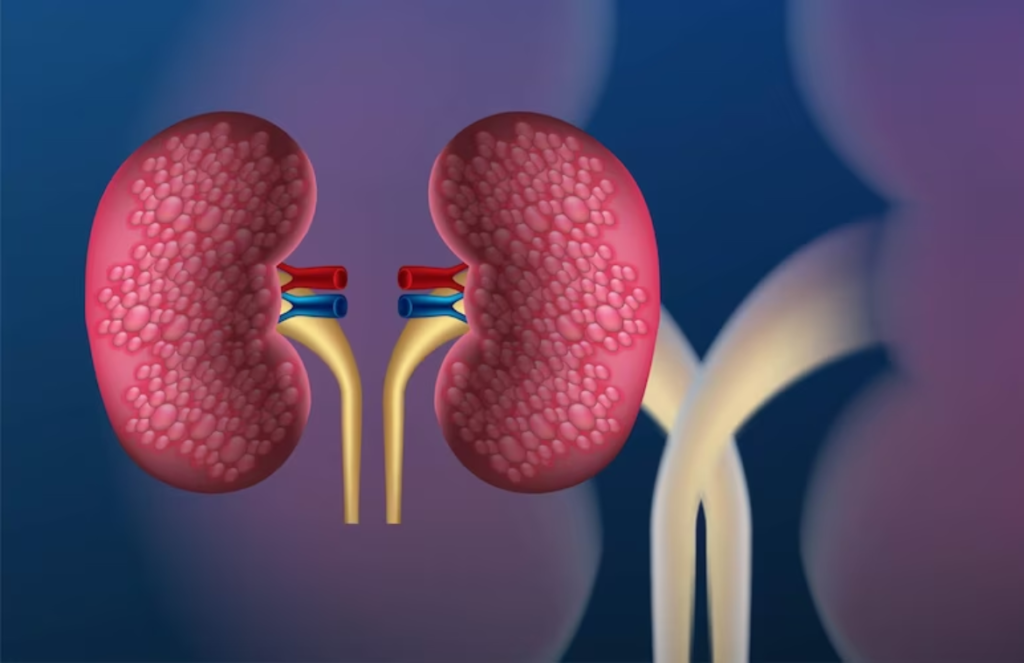Physiotherapy helps patients recover from surgery, injuries, stroke, and so forth. Aged people need it. A well-trained physiotherapist can do a good job.
Physiotherapy happens to be a medical treatment involving a combination of injury prevention, rehabilitation, holistic fitness, and sustainable healing. It focuses on movement and disability or injury and restores vigor and strength
Physiotherapy works with the help of a combination of techniques to regain mobility, like exercises and massages, and these techniques are implemented once the diagnosis is finalized. The diagnosis will tell the patient what sort of treatment plan they should opt for, and the plan needs to improve their overall well-being and also help restore them to their normal (pain-free) routine.
When diagnosed and given a treatment plan, schedule an appointment with a physical therapist who will help restore strength and motion after one’s injury or surgery. These specialists are trained to help perform specific physical tasks, exercises, and stretches. They have special facilities and equipment that can address all sorts of mobility problems and motion gets restored.
Why he need for it?
People usually seek out physiotherapy when they happen to be recovering from a major injury or surgery, and they go via treatment sessions for relief from pain that restricts mobility and strength.
Several factors can cause a person to visit a physiotherapist like muscle spasms, wrong posture, muscle strains, or an external factor that can cause an intense injury. Physio helps the patient manage pain and move better; the physiotherapists will also inform them of trigger signs to look for in the future so that they can prevent the injury from happening again. This saves from any added pain.
Most common reason for Physio sessions:
- Preventing major injuries.
- a good posture.
- Alleviate muscle spasms.
- Help with stretching and also flexibility of muscles.
- Accelerating healing process, post-surgery.
- Helping with knee or hip surgery recovery.
- Improves body balance.
Advantages of Physiotherapy
- Relief from pain
Lasting relief from pain is a major benefit. Physiotherapy sessions help reduce the pain and also curb dependence on painkillers.
- Better balance and mobility
People recovering from an injury or surgery are usually confined to bed for a long time, so it takes time to return to their normal gait. A good physiotherapist can help the body regain strength, gain mobility as well as flexibility, and also enhance co-ordination.
- Prevention from extensive surgery
Surgery is unavoidable at times, and severe injuries are severe. The recovery period after surgery needs physiotherapy. If an injury does not need surgery, a variety of treatments are there.
- Manage age-related problems
As people age, their joints and muscles become weak. This means prone to injuries and other complications such as arthritis and osteoporosis. Consulting a physiotherapist helps.
- Avoiding dependency on prescription medicines
Painkillers can provide instant relief, but when taken for a long period, they might have negative effects on major organs such as the kidneys and liver. It can lead to drug abuse, which is detrimental to a person’s mental and physical health.
- Problems that require Physiotherapy treatment
The need for Physio can be unpredictable, and it can come up at any age if experienced physical trauma like sprains, fractures, invasive surgery, or muscle disorders.
Posture problems like:
- Lower and upper back pain.
- Stiff neck.
- Poor muscle tone.
- Shoulder tightness.
- Lack of balance in muscles.
Joint pain like:
- Poorly aligned joints.
- Arthritis.
- Age-related joint pain.
- Bursitis.

Surgery recovery:
- Knee replacement.
- Tendon surgery.
- Spinal cord injury surgery.
- Lymph node replacement.
Bruising or Inflammation:
- Any blunt-force trauma that is caused by a sports injury.
- Muscle swelling.
- Contusions.
- Lymphatic congestion.
Additional conditions requiring physiotherapy:
- Frozen shoulder.
- Stroke.
- Slip disc.
- Pregnancy-related pain in muscles and joints.
- Cerebral Palsy.
Conclusion
Physiotherapy is an integral part of medical treatment.















